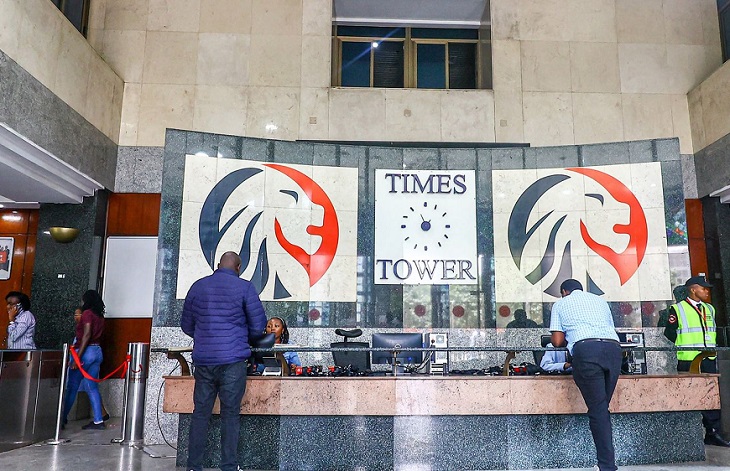Safaricom, Kenya’s leading telecommunications company, has petitioned the High Court to halt the enforcement of a Ksh 944 million payment to Popote Innovations Ltd.
The dispute centers on allegations that Safaricom misappropriated proprietary ideas from Popote Innovations to develop its M-Pesa application. This case underscores the ongoing challenges surrounding intellectual property rights within Kenya’s rapidly evolving tech industry.
Popote Innovations Ltd, established in 2013 and based in Nairobi, operates in Kenya’s FinTech sector, focusing on payment automation and expense management services through its platform, Popote Pay. The company has garnered significant attention for its innovative solutions tailored primarily for small and medium-sized businesses (SMBs). As of December 31, 2022, Popote reported having 1,750 accounts, with 1.97 million transactions valued at USD 132 million, generating revenues of USD 2.53 million.
The crux of the legal battle lies in Popote Innovations’ claim that Safaricom incorporated proprietary ideas from Popote Pay into its M-Pesa application without authorization. In response, an arbitration tribunal awarded Popote Innovations Ksh 944 million in November 2024. Safaricom is now seeking High Court intervention to prevent the enforcement of this award, arguing against the tribunal’s decision.
This is not the first time Safaricom has faced allegations of intellectual property infringement. In a notable case, Peter Nthei Muoki and his company, Beluga Ltd, accused Safaricom of planning to roll out a product similar to an idea they had shared with the company’s officials in 2021. Despite Safaricom’s efforts to halt the proceedings, the High Court allowed the case to proceed, highlighting the judiciary’s commitment to addressing intellectual property disputes.
Another significant case involved Solut Technology Limited, which alleged that Safaricom had infringed upon its intellectual property rights. However, in September 2024, the court dismissed the case, emphasizing the importance of protecting one’s intellectual property before sharing ideas. The judge noted that the Zindua Café platform had warned users to safeguard their intellectual property prior to submission, a precaution that the plaintiff had neglected.
Related Content: Safaricom Customers To Now Buy Airtime Worth Ksh 1













